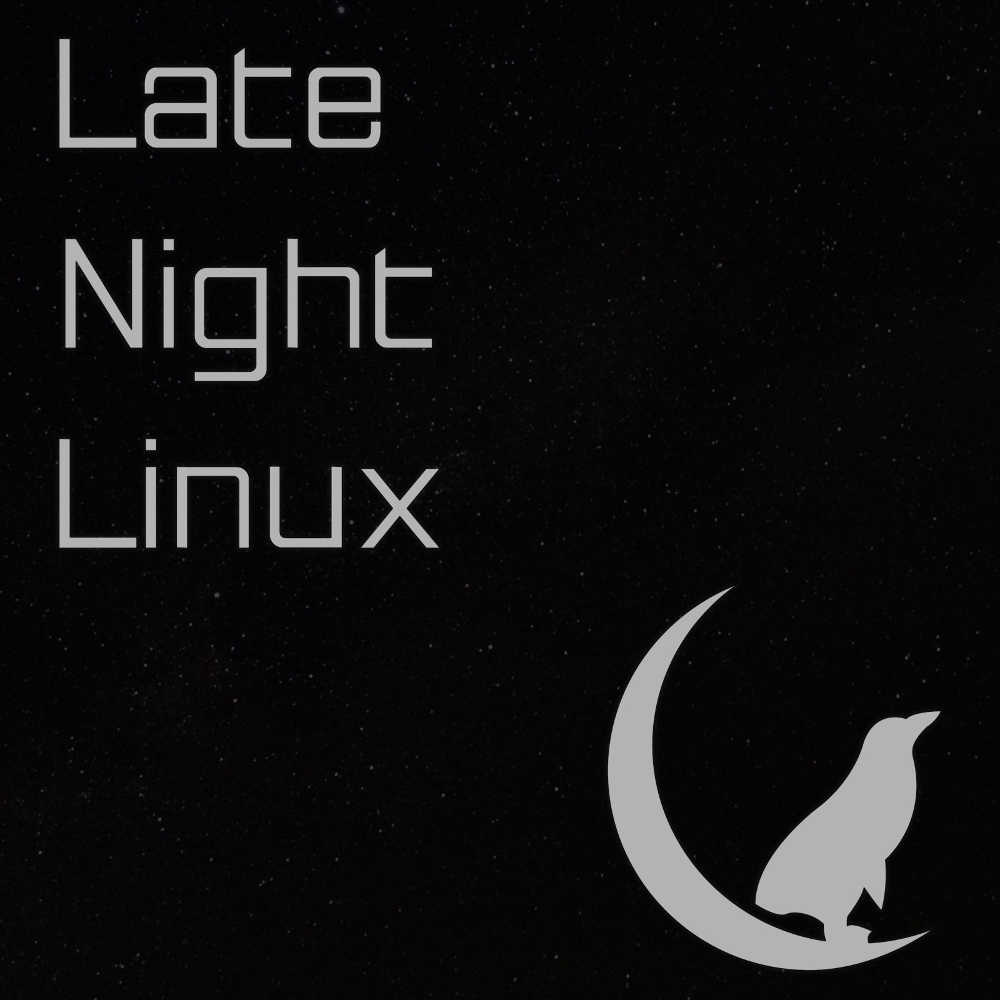Podcast (all): Download (Duration: 46:49 — 32.2MB)
It’s been a busy couple of weeks in the news including ZombieLoad and the Huawei debacle, and Joe tries to convince himself that 32-bit x86 Linux isn’t dead.
News
Plasma 5.16 – Wireguard GUI in NM & Wayland Remote Desktop & KItinerary continues & Elisa 0.4 Released
Google pulls Huawei’s Android license
Félim very smug about buying an AMD CPU
Nextcloud & Nitrokey Join forces for 2FA (and Gentoo)
Google clarifies Works with Nest shutdown
Time to ditch 32-bit x86 Linux for good?
Joe was recently given an old Atom netbook that is 32-bit only. What can you actually do with a machine of that age and low specs? Is it time to move on from this legacy architecture?
Digital Ocean
This episode is sponsored by Digital Ocean. Go to do.co/lnl and get started with $50 of credit. Digital Ocean provides virtual private servers all over the world with full root access starting at $5 per month, and other great features like block storage and load balancers.
Entroware
This episode is sponsored by Entroware. They are a UK-based company who sells computers with Ubuntu and Ubuntu MATE preinstalled. They have configurable laptops, desktops and servers to suit a wide range of Linux users. Check them out and don’t forget to mention us at checkout if you buy one of their great machines.
See our contact page for ways to get in touch.

RSS: Subscribe to the RSS feed.


I don’t think GitHub Sponsors will change much, for two reasons:
– The main point about it is not that you can sponsor through GitHub now, but that one can put a “Donate” button on the repository page which will then open a page which links to all platforms used by all developers involved in the project. They’re not really pushing anyone towards GitHub Sponsors, and once the fees kick in people will gravitate towards the platform with the lowest fees again.
– The problem with FOSS funding was never that there wasn’t enough money around, but that most projects have zero infrastructure for managing that money. Individual developers setting up a Patreon page doesn’t help. All the big successful FOSS projects have institutions behind them which can actually employ developers, handle taxes and social security, provide direction and oversight, etc. This infrastructure is what the smaller projects are lacking, not the money. Actually getting donations makes your life *harder* at first if you’re a small project, which is why many developers choose not to even open a Patreon page because then they would have to take care about taxes etc. And GitHub Sponsors doesn’t change anything in this regard.
I very much appreciate your podcast, thanks for all the goodness!
Joe needs to stop watching the mainstream media and stick to covering tech. He’s an intelligent guy otherwise and I wish him the best.
Trump voter spotted
32 bit
I understand your reluctance to throw that nice little netbook away.
Actually I used to own a very similar model until recently, an Acer Aspire One ZG5, with one of those infamously underpowered intel Atom processors (and GPU).
I bought it used (dirt cheap) in 2014/15 (it was new in 2010) and installed ArchLinux with an i3 desktop on it.
This worked sufficiently well:
Using applications and browsing websites was possible, and media playback was possible via mpv (+ youtube-dl).
Then in 2017 something happened (around the time arch stopped supporting 32 bit) and performance dropped, esp. media playback. I suspect some changes in any or all of:
– Xorg server
– Xorg intel driver
– i915 intel graphics driver
But I was never able to roll that back to its former state.
In the end I sold it on. But I felt sad, it was a nice, tiny x86 laptop with a real hard drive and a full keyboard. Smaller than many “ultrabooks” – although much thicker and heavier.
I still own and use a second 32 bit machine though – a larger, 11 year old all-intel laptop, it serves well as both a local storage server and a web server. Going on 5 years now. 2 years ago I put a 1TB hard drive in.
People keep telling me that surely it must be a 64 bit machine, I’m just running a 32 bit OS on it.
Believe me, it isn’t. I checked /proc/cpuinfo.
So, double proof that 32 bit wasn’t dead already 10 years ago (strangely that’s what many people try to tell me on the ‘net).
And here’s one answer what one can still do with 32 bit nowadays.
Don’t get me wrong, I won’t cry disappointment or shout protest or even try to blow it up into a politicum should debian ever drop support for x86 32 bit. I will just go out and buy another piece of hardware that’s been hyped “obsolete” by shortsighted fools – for next to nothing, thankyouverymuch!